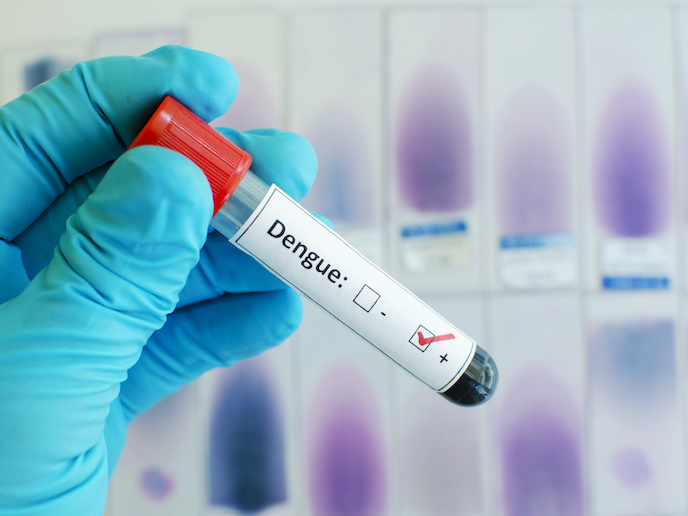Training doctors in substance use disorders
Substance addiction is a neuropsychiatric condition characterised by the recurrent desire to use substances such as drugs, alcohol and prescription medications. Accumulating evidence indicates that it is possible to treat substance use disorders by identifying and treating the symptoms early on. However, most governments focus on prohibitive measures and law enforcement rather than prompt diagnosis. Coupled with a lack of knowledge and accredited training in addiction medicine, this has led to limited implementation of interventions.
Addressing the need for addiction medicine training
The vision of the BEAMED project was to fill in gaps in medical education in Europe and improve the knowledge of primary care practitioners on substance use disorders. The research was undertaken with the support of the Marie Skłodowska-Curie Actions(opens in new window) (MSCA) programme and primarily involved the assessment of the educational needs of doctors. “Our goal was to develop a multidisciplinary, translational environment that offers the necessary knowledge for preventing and treating addictions,” explains former MSCA fellow Jan Klimas. A number of countries have responded to the need for addiction medicine training with specialised programmes (Canada), postgraduate courses in addiction medicine (the Netherlands), national training schemes (Indonesia) and even a full medical specialty in addiction medicine (Norway). These paradigms shaped the initiative of the BEAMED project to implement something similar in Ireland. BEAMED employed both quantitative and qualitative research methods alongside a review of literature and evaluation of international training programmes. The idea was to collect information on addictions from multiple disciplines, such as public health and psychiatry, and incorporate it into undergraduate and postgraduate medical curricula. The strategy also incorporated empirical evidence and expert opinion.
BEAMED outcomes and impact
“One of the greatest achievements of the BEAMED project was its ability to engage and collaborate with a multidisciplinary network of partners,” emphasises Klimas. These included the International Society of Addiction Medicine(opens in new window), the Network of Early Career Professionals working in the area of Addiction Medicine(opens in new window), and the Best Evidence Medical Education Collaboration(opens in new window). Consultations via interviews of experts from 12 countries provided important information on addiction medicine training. The final phase of the programme involved the generation of online educational material for the Master’s Programme in Primary Care at University College Dublin School of Medicine. The results are summarised in a toolkit(opens in new window), while key insights and summaries of research findings are explained in lay language in a pre recorded webinar(opens in new window). Collectively, the work of the BEAMED project indicates that addiction medicine education provides a range of benefits to clinicians. These include professional competency and increased knowledge of identifying and treating substance abuse disorders. It lays the groundwork for identifying strategies to strengthen the role of primary care practitioners in managing these disorders. Implementation of the proposed methods and tools will help prevent and treat substance addiction, sparing individuals, families and communities from the devastating consequences of substance use disorders.







